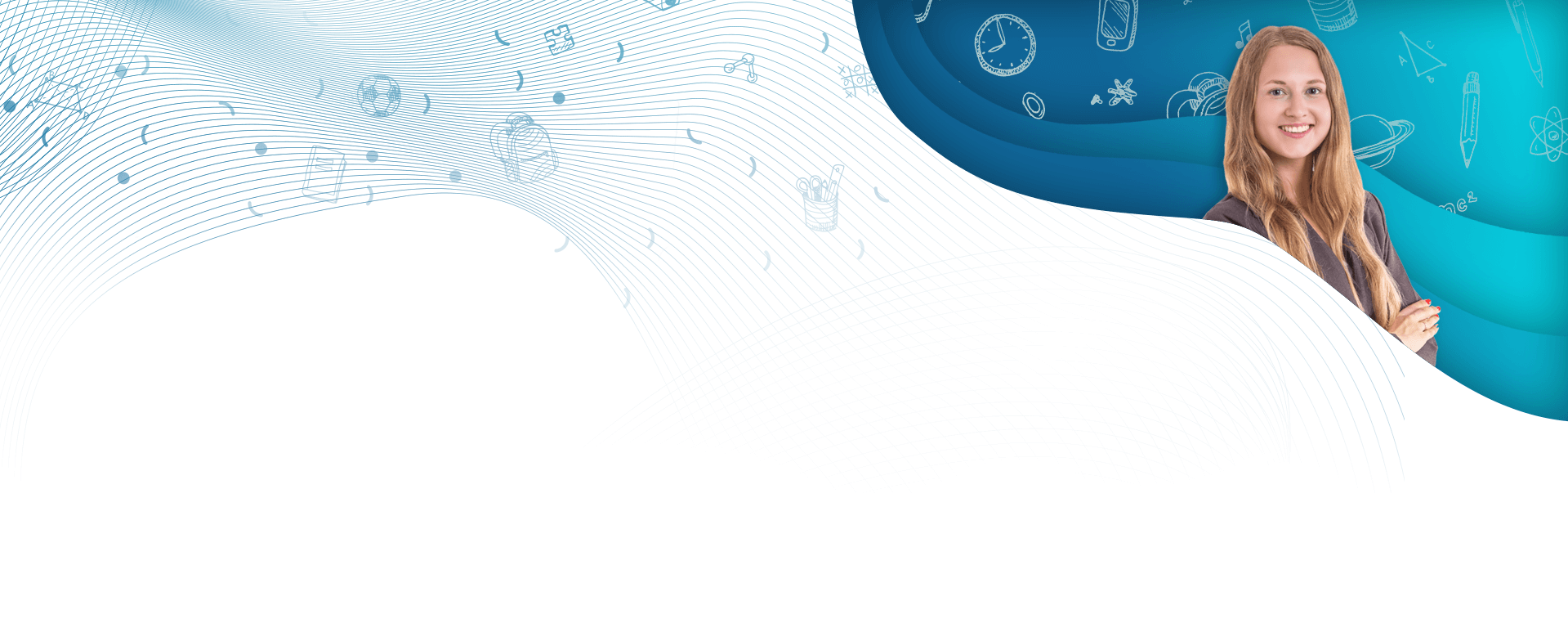
Educator Guide
On this page:
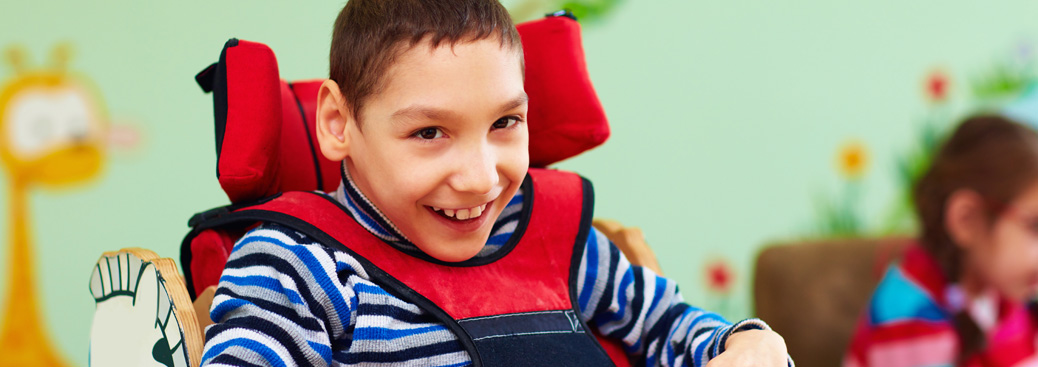

What is inclusive education?
Inclusive education means all children are welcomed by early childhood education and care settings and supported to learn, participate and succeed in all aspects of their education.
Inclusion, according to the Victorian Early Years Learning Framework (VEYLDF), involves considering children’s social, cultural and linguistic diversity to inform curriculum decision-making processes. Inclusion aims to value difference, recognise and value children’s rights and experiences, ensure equitable access to resources and participation for all children, and provide opportunities for all children to demonstrate their learning.
The VEYLDF Practice Principles guide evidence-based practices in the early years. The eight interrelated Practice Principles set a cohesive inclusive agenda for early childhood education and care settings. These Principles are:
- Reflective practice
- Partnerships with families
- High expectations for every child
- Respectful relationships and responsive engagement
- Equity and diversity
- Assessment for learning and development
- Integrated teaching and learning approaches
- Partnerships with professionals
The Disability Standards for Education 2005
For children with disabilities, the Disability Standards for Education 2005 underpins inclusive education in Australia. These legal standards are based on a human rights framework and have been introduced in order that children with disabilities can participate in education on an equal basis with their peers. Preschools, kindergartens, schools, training places and tertiary institutions need to comply with three main obligations under these standards—consultation, reasonable adjustments and elimination of harassment and victimisation. To support the full inclusion of children with disabilities, education providers and educators may need to make adaptions and modifications to the environment, room layout and the way teaching is provided.
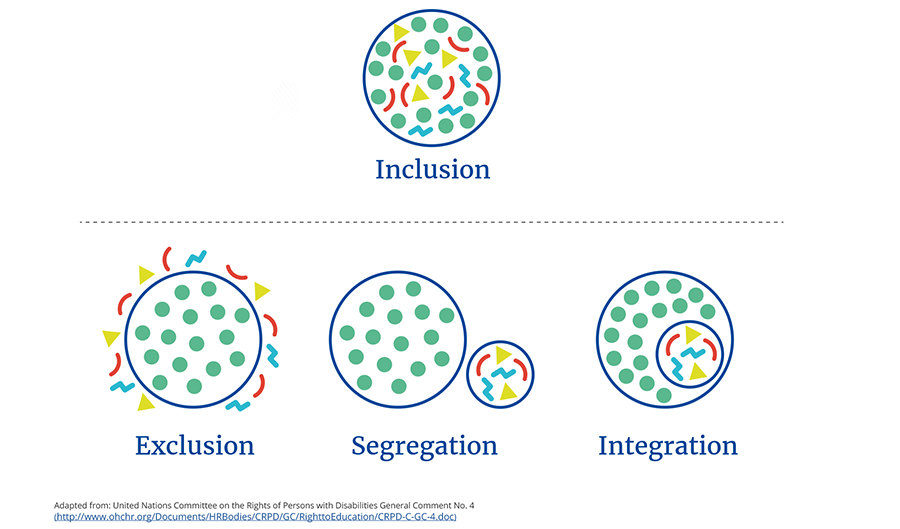
Inclusion is about providing equal access and opportunity to all, and involves removing discrimination and other barriers so that all individuals feel that they belong and are connected. Unlike integration, which expects children with disability to adapt to the regular learning environment, inclusion creates a learning environment that adapts to each child.

How to be inclusive of all children
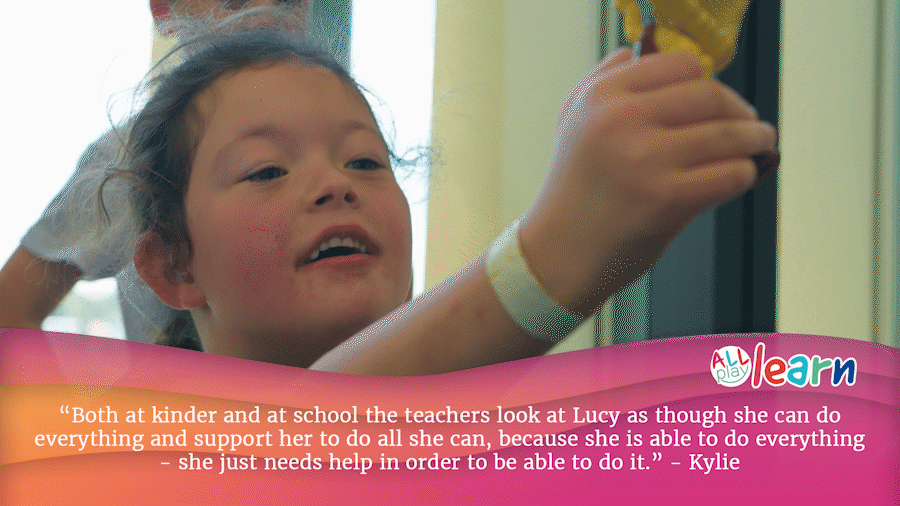
1. Learn the basics
You can make a positive difference in a child’s life by providing an inclusive environment. Not sure where to begin? See the basics guide for a list of simple things educators can do to make a difference. Next, find out more about the language used when talking about a child's disability and how to use strengths-based language that focuses on their strengths, interests and personality traits.
2. Learn about the different types of disabilities
Learn about the different strengths children may have, and read evidence-based strategies that are effective in early childhood settings:
3. Learn about common challenges
You might see children in your room experiencing different kinds of challenges. These might be challenges following instructions or socialising with peers. You can read more about some common challenges young children with disabilities may have and find strategies and tips to support your teaching.
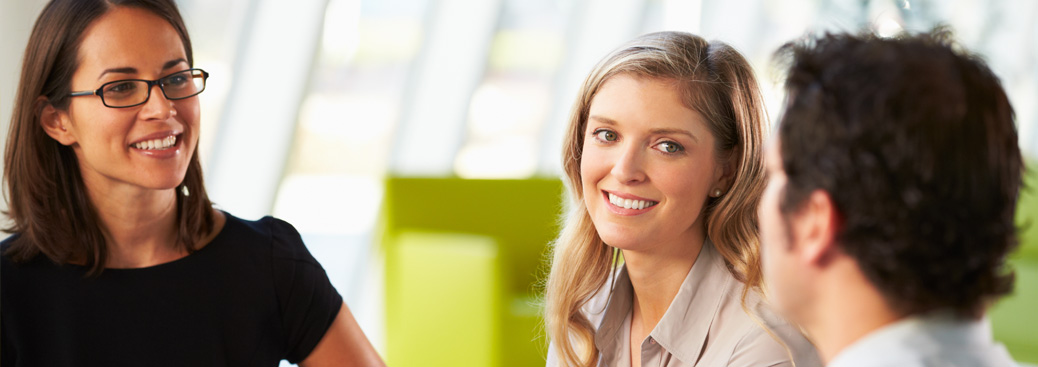
4. Partnerships
Early childhood educators in Victoria are expected to be guided by VEYLDF Practice Principles that support inclusion of all children in early childhood education and care settings including those with disabilities and developmental challenges. For these children, it may be particularly helpful to establish and strengthen partnerships with:The child and their family
Creating and maintaining partnerships with the child and their family is key to working with children with disabilities and developmental challenges. Work together to identify developmental and learning goals, and to create positive strategies to achieve these goals.
Many families inform services that their child has a disability at the time of enrolment at early childhood education and care settings. However, some families may not wish to disclose that their child has a developmental challenge or disability. Some families will not yet be aware of any challenges, particularly for babies and toddlers, and it may be through attending the early childhood setting that challenges become apparent.
If you notice that a child has some developmental or learning challenges at early childhood education and care settings, you can discuss these with the family. When talking with family members, focus on the developmental milestones or learning task/s the child is finding difficult, as well as the child’s strengths. Access AllPlay Learn’s educator guide to parent-educator meetings below. Work with the child’s family to develop effective learning strategies and modifications for their child.
Early childhood educators and staff
Educators and staff working with children with disabilities and developmental challenges may need to learn new knowledge, skills and try new approaches. Working closely with your colleagues provides invaluable support and shared reflection and problem solving to work out the best ways to engage families and adapt the environment and program.
Consider collaboration and mentorship from an experienced educator who has worked with children with disabilities and developmental challenges, and work with a Preschool Field Officer (if eligible) to support the participation of children with disabilities and developmental challenges in your program.
Allied medical and health specialists
Children with disabilities and developmental challenges often visit a variety of specialists. Partnering with professionals who already work with the child or have expertise in the area of the child’s disability can be a valuable avenue to share ideas that can positively impact the child and family. You can gain an informed understanding of a child’s disability and make collaborative decisions on the learning strategies that are most likely to be effective.
5. Bringing it all together
The inclusive educator strategies provide a summary of evidence-based strategies for including all children in early childhood and education settings.



